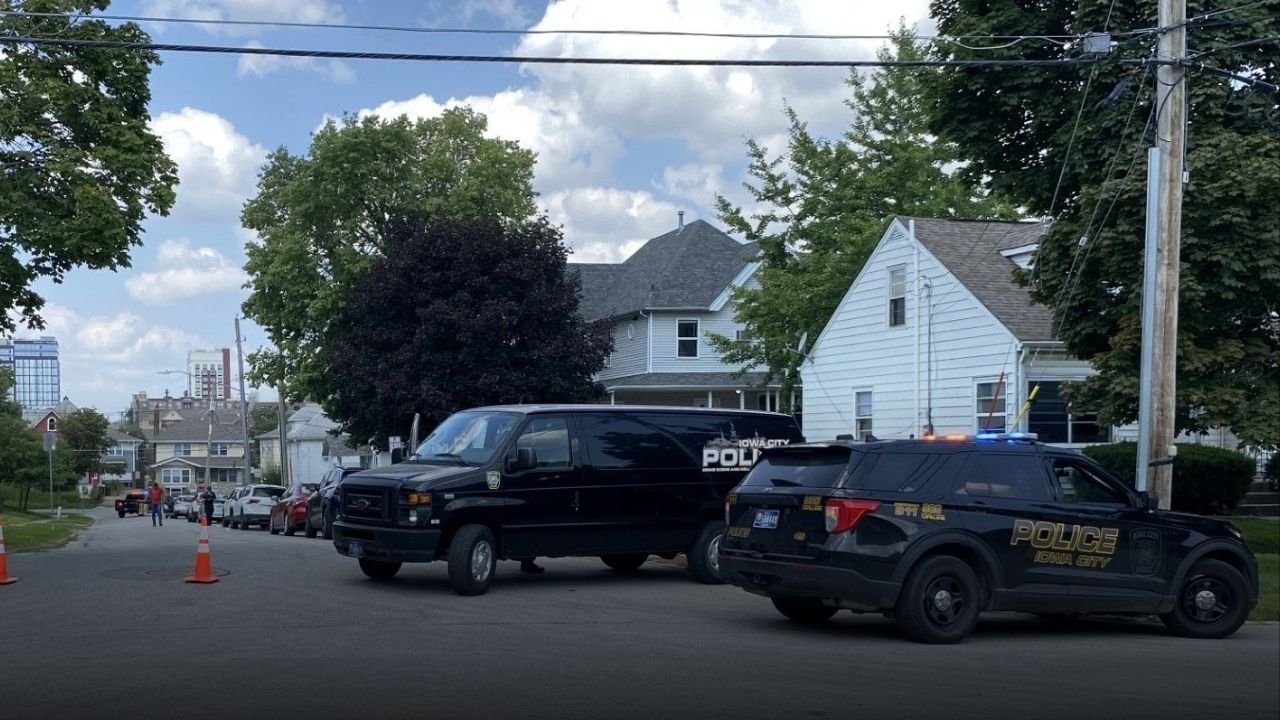ILLINOIS — What would you do if your life’s work — your company, your jobs, your investment plans — was suddenly derailed by a government decision you couldn’t control?
That’s the position Illinois business owner Rick Woldenberg found himself in earlier this year. As CEO of Learning Resources, an educational toy company based in Vernon Hills, Woldenberg canceled a 600,000 square foot building project on April 2 after hearing about the financial impact of ongoing Trump-era tariffs.
Now, he’s taking the fight all the way to the Supreme Court — not just for himself, but for thousands of small and mid-sized businesses nationwide.
A Business Built on Education — Disrupted by Policy
Woldenberg leads a fourth-generation company with more than 500 employees and global exports to over 100 countries. His toys help children build early learning skills from 18 months through eighth grade, and his company contributes heavily to local taxes and community services in Illinois.
The now-scrapped construction project was set to modernize operations and expand warehouse capacity. But when the tariffs hit, the deal was immediately abandoned.
“I called my broker the day I heard about the tariffs, and I killed the building deal,” Woldenberg told Business Insider.
Tariffs Are Crippling the Supply Chain
According to Woldenberg, the tariff burden has dismantled a 40-year-old supply chain, forcing businesses like his to juggle unpredictable costs and rushed operational shifts.
-
Sourcing from countries like China, Vietnam, Korea, and India is no longer sustainable under new tax burdens.
-
Tariff changes often come with less than 36 hours of notice, making it nearly impossible to plan.
-
Hundreds of staff hours each month are now spent on tariff compliance rather than innovation or growth.
“There are tremendous amounts of costs associated with that, which are not recoverable in any way,” he said. “It’s not just inconvenient — it’s making it extremely difficult to run our business in any coherent fashion.”
Canceled Projects and Frozen Hiring
Alongside the warehouse deal, Woldenberg also canceled a joint venture in India and implemented a soft hiring freeze to keep the business afloat.
His company had planned to invest in high-tech fulfillment operations, expand local jobs, and streamline its warehouse footprint in the Chicago suburbs — but all of that has been paused indefinitely.
“This is the opposite of what the government says it wants,” he said. “They say they want more domestic investment, but their policy is making that impossible.”
Taking the Fight to the Supreme Court
Woldenberg has filed a legal challenge in the District Court of Columbia and is now petitioning the U.S. Supreme Court, using only his own company’s resources.
He believes that the tariffs — described by U.S. officials as an “invisible tax” — are ultimately hurting consumers, small businesses, and long-term innovation.
Treasury officials expect the tariffs to raise $600 billion annually — but for business owners like Woldenberg, it feels like an economic landmine with no warning signs.
Do you run a business in Illinois? Have you felt the impact of policy decisions like tariffs? Share your experience with the ChicagoSuburbanFamily.com community — and let others know how decisions made in Washington affect real lives in our neighborhoods.














